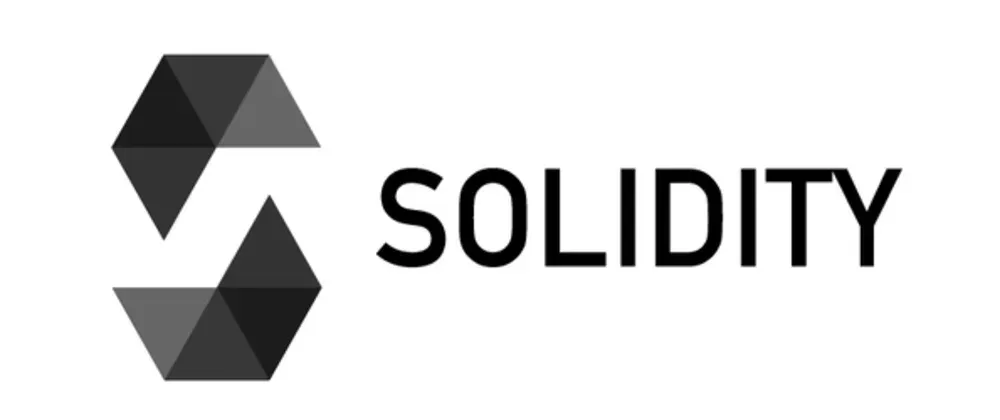I've been learning web3 programming via Alchemy University and got my introduction to Solidity. Here's a post to explain the language to beginners.
Solidity is a programming language that is specifically designed for the development of smart contracts on the Ethereum blockchain. It is similar to other programming languages such as JavaScript and C++ and allows developers to write self-executing contracts with certain pre-defined rules and regulations.
One of the main advantages of Solidity is its ability to enforce the rules of a contract automatically, without the need for a third-party intermediary. This makes it a popular choice for creating decentralised applications (dapps) and other blockchain-based projects.
Before getting started with Solidity, it's important to have a basic understanding of the Ethereum blockchain and the concept of smart contracts. A smart contract is a program that runs on the blockchain and automatically executes when certain conditions are met. They can be used for a variety of purposes such as creating digital assets, managing supply chains, and automating financial transactions.
When writing a Solidity contract, it's important to keep in mind that the code will be executed on the blockchain and therefore, any errors can have severe consequences. This is why proper testing and error handling are crucial when developing smart contracts.
One of the first things to know about Solidity is that it is a strongly typed language, which means that variables need to be declared with a specific data type such as uint (unsigned integer) or address. Additionally, Solidity has its own set of data structures such as mappings and arrays.
A contract in Solidity is composed of several elements:
- State Variables: These are the variables that hold the current state of the contract. They can be of any data type and can be accessed from anywhere within the contract.
- Functions: These are the methods that can be called on the contract. They can be used to modify the state of the contract or perform other actions.
- Events: These are similar to functions, but they are used to notify external parties of certain actions that have occurred within the contract.
- Modifiers: These are special keywords that can be used to add additional functionality to functions. For example, the
onlyOwnermodifier can be used to restrict the ability to call a function to the contract's owner. - Constructor: This is a special function that is executed when the contract is deployed to the blockchain. It is used to initialise the state of the contract and set any necessary values.
- Inheritance: This feature allows a contract to inherit properties and functionality from another contract, so developers can use pre-existing code and avoid duplicating effort.
It's also important to keep in mind that Solidity code is executed on the Ethereum Virtual Machine (EVM) and that each action on the contract will cost a certain amount of gas. Gas is the internal pricing for running a transaction or contract on Ethereum. To optimise the cost, developers need to be mindful of the gas usage in their code.
Solidity is a powerful programming language that allows developers to create self-executing smart contracts on the Ethereum blockchain. It has its own set of data types, data structures and features that make it unique and useful for decentralised applications. However, as with any new technology, there are some complexities and considerations that developers must keep in mind when working with Solidity.
